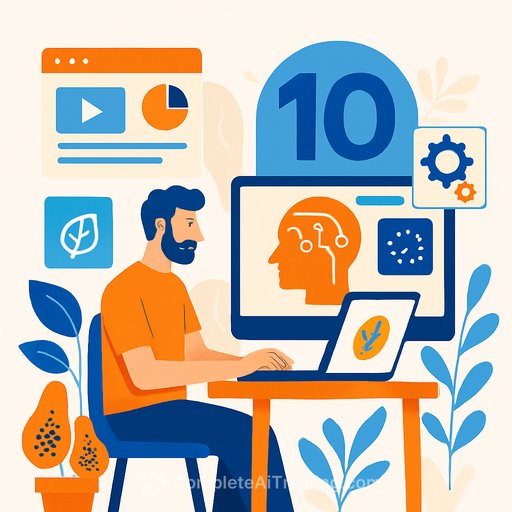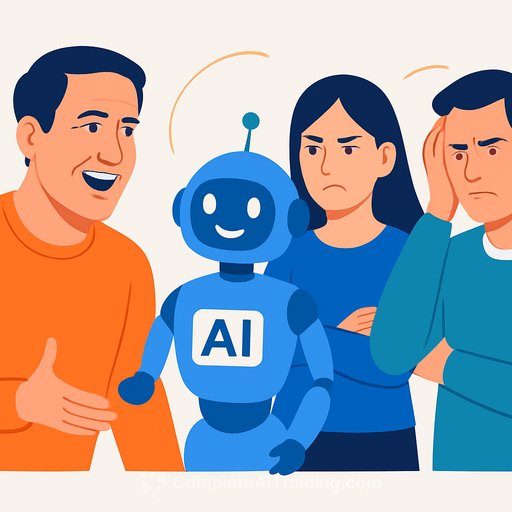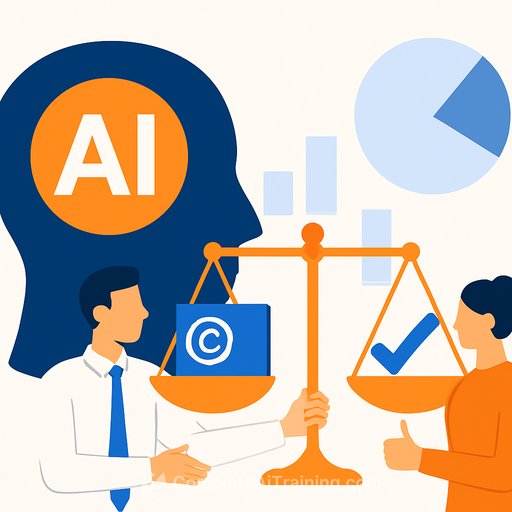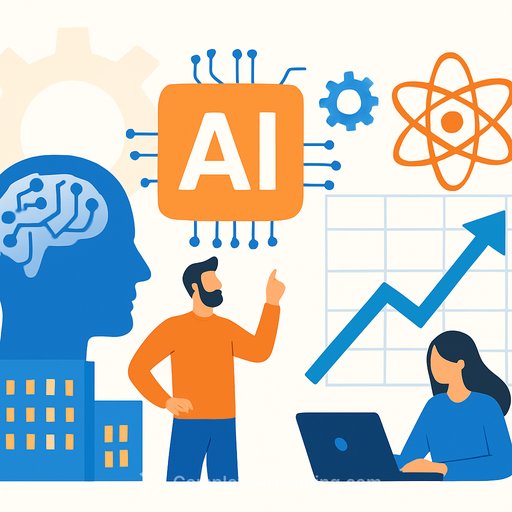Papaya Studio Celebrates 10 Years with a Focus on Sustainability and AI
After a decade in the business, Papaya Studio, a web design and digital product specialist now based in Newquay, is marking its milestone by emphasizing sustainability and artificial intelligence in its projects. Founder Nathan Hambling relocated the studio to Cornwall two years ago to join its vibrant creative community. Since then, Papaya has built strong connections with local charities, universities, and purpose-driven companies, while also expanding its national reach.
Hambling explains, “We’ve built our reputation by taking the time to truly understand the purpose and challenges behind each client’s business.” This approach involves meeting clients face-to-face for discovery workshops and interviews, delivering work with the polish usually expected from larger agencies but with a personal touch.
From Web Builds to Digital Product Design
Papaya has grown beyond simple website development into ongoing optimisation, support retainers, and digital product design, especially for SaaS companies. The rise of AI-powered businesses has driven demand in this area. As a result, the studio’s recurring revenue has more than doubled in the past year.
Hambling adds, “Our sweet spot is providing an agency-quality service with the personal touch of a freelancer. We don’t cut corners or churn out templates. We obsess over client challenges, run discovery workshops, and deliver solutions that actually work.”
Putting Sustainability Front and Center
Environmental responsibility is a core part of Papaya Studio’s mission. The team specialises in low-carbon web design and ethical partnerships, creating websites that are fast, efficient, and low-energy to reduce their carbon footprint. Considering that the internet accounts for roughly 3.8% of global carbon emissions—comparable to the aviation industry—Papaya’s approach is both practical and necessary.
Design choices such as reducing image sizes, cutting unnecessary code, and streamlining user journeys are all evaluated for their environmental impact. Hosting also plays a role; Papaya uses servers powered by 100% renewable energy, which are about 10% more efficient than standard setups. This results in websites that are not only faster and more reliable but also greener.
“When we discovered the scale of the internet’s carbon footprint, we became obsessed with finding solutions,” Hambling says. “Sustainability isn’t just a nice thing to have—it’s a way to create high-performance websites that are genuinely better for both users and the planet.”
Strong Local and National Partnerships
Recent projects include collaborations with Cornwall Community Foundation, Falmouth University’s BeGood agency, and a leading Cornwall-based communication tech firm. Papaya also supports local charities through the Outset VCSE programme, providing affordable websites for seven small organisations. For Hambling, Cornwall is more than a location—it’s a place where his business can make a meaningful contribution.
He notes, “There’s a huge opportunity to keep creative work and investment in the county, rather than seeing it outsourced to London. The community here is incredibly supportive, and being based in a co-working space like C-Space means we’re surrounded by founders and creatives who look out for each other.”
Balancing AI Tools with Human Insight
The rise of AI tools has influenced how design and development happen, with many platforms now incorporating AI features. However, Hambling points out that these tools don’t fully address the deeper needs businesses face.
“AI can spin up a site that looks decent on the surface, but most businesses need far more than that. Our clients want websites that speak to staff, customers, and donors, bringing all those needs together into a clear digital strategy. That’s not something AI can deliver on its own. Yet…”
Rather than replacing human input, Papaya uses AI as a support tool. The team experiments with AI-driven workflows and automation platforms like Zapier and N8N to improve efficiency. They stay connected to new developments through Slack communities and peer groups, always testing how AI can add value without losing the essential human touch.
“Understanding people, strategy, accessibility, and performance makes the difference between a website that just looks nice and one that actually works for an organisation and its stakeholders.”
Looking Ahead
As Papaya Studio moves into its second decade, plans include growing the core team by hiring a full-time designer and developer. The goal is to expand retainer-based models that support local organisations while maintaining a flexible work approach that keeps creative work and investment in Cornwall.
Hambling concludes, “Our aim is to keep growing carefully, staying true to what’s worked: personal service, purposeful partnerships, and sustainable design.”
Your membership also unlocks:






